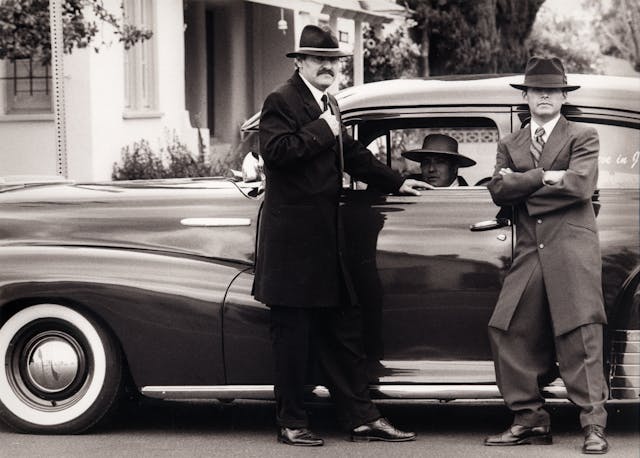Lately I’ve been hearing more and more abuse of the suffix “wise” by people trying to make themselves sound more important.
During the recent World Series, a TV announcer reassured us that New York Yankees ace pitcher Gerrit Cole hadn’t changed “demeanor-wise” after giving up a game changing grand slam to the Los Angeles Dodgers. Grammar-wise and word-economy-wise, the announcer could have simply said: “Cole’s demeanor hasn’t changed” or better yet “Cole hasn’t lost his composure.” The announcer was a highly paid professional communicator. He didn’t have to be so lazy.
Acceptable uses of “-wise” do exist, particularly in established words like “clockwise” (the direction of the clock) or “lengthwise,” (the direction of measurement taken) in which the suffix genuinely adds meaning. However, taking it upon yourself to create new “-wise” words is ineffective communication and generally not, Hmmmm, wise if you want to be taken seriously as a writer, speaker or leader.
Here are some reasons why:
- Grammatical Awkwardness. When “-wise” is added unnecessarily, it creates clunky, unnatural-sounding language. Many of these constructions sound forced or simply incorrect. For example, “moneywise” or “weatherwise” often feel grammatically jarring.
- In many cases, there are already established and more elegant ways to express the same meaning. Instead of saying “budgetwise,” you could simply say “regarding the budget” or “in terms of the budget.”
- Overuse in Business and Corporate Jargon. The “-wise” suffix has become a particularly notorious marker of corporate buzzwords. How often do you say or write “businesswise” or “performancewise“? It’s often seen as lazy language that lacks precision and clarity.
- Potential Misunderstandings. Sometimes, these “-wise” constructions can be ambiguous or confusing. The meaning might not be immediately clear to all listeners or readers.
- Professional Communication Standards. In formal writing, academic work, and professional communication, these constructions are typically viewed as unprofessional and imprecise.
Another reason I don’t like the suffix “wise” is because it implies you’re insecure or just stalling for time to find the right words:
“Budget-wise we’re on track, but time-wise, we not going to meet our deadline.”
“Snow-wise the roads are clear, but weather-wise I’m not sure what’s coming.”
It’s frustrating for the listener, but we hear this all the time. We’re all busy work-wise, so why not respect us time-wise and be more concise grammar-wise? Are you cringing yet?
“Wise-ing” up every noun you come across is like listening to teens and tweens use “like” every third word – “it’s like ridiculous.” It adds nothing. It reminds me of returning to my native Philadelphia and hearing folks use the word “jawn” to refer to any type of person, place or thing under the sun. Similar to “like,” jawn is a placeholder words that clog up communication flow and make you sound grammatically lazy.
“Yo! Tony. Hand me that jawn over there so we can get this jawn fixed already and go home!”
“Did you guys make it to the jawn last night? That place was jumping!”
Conclusion
I laugh when I see all the self-help books and videos offering to help people expand their vocabularies. Why not just do a better job with the words we already have. Before writing, speaking or posting, ask yourself if you’ve chosen the right words to convey your intended meaning. A wise man once said: “You can do more with less.”
Our free resources have more.
What are you and your colleagues doing to streamline your communication? I’d love to hear from you.










